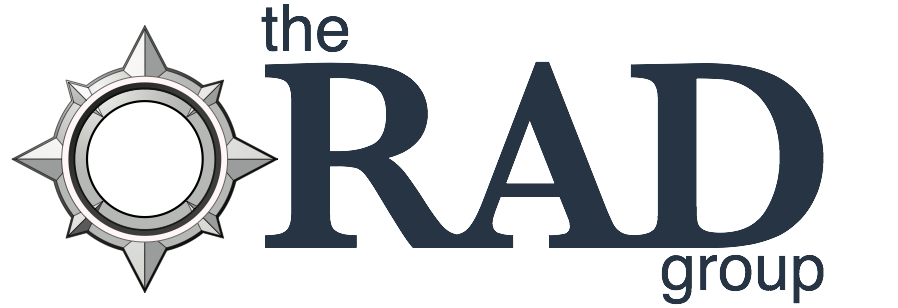We are inclined to conform to what we believe the people around us expect and value. This has been demonstrated by decades of research into social conformity dating back to the Solomon Asch Line studies in the early 1950’s. The crux of this research is that when in small groups, we tend to acquiesce (conform) to the view of the group even if it is not our natural view to begin with. Think about how this would impact team decision making. When the majority have one view, even when we have a different view, we are less likely to express that view because dissenters are labeled trouble-makers and most of us don’t want to be trouble-makers. Dissent does, however, serve some very important functions.
1. Dissent boosts group creativity
While conformity results in fewer variations, creativity thrives on a variety of ideas.
2. Dissent can prevent failures
We conform to what we *believe* others expect and value, but sometimes people are doing things simply because they aren't aware of the possible negative consequences.
For example, in the safety arena, dissent (which we call ‘Intervention’) helps to prevent undesired consequences by stopping an unsafe behavior. Imagine that you see two co-workers put a tool into service that you see is compromised. Speaking up could mean the difference between operations as normal and a catastrophic event. Unfortunately, the group norm is to “keep quiet”, so you conform and don’t speak up and the tool goes into service.
The key to capitalizing on dissent is to do it right. If you go about it with a critical tone, unflappable confidence that you are right, or punitive intent, not only will it probably do more harm than good, but you are sure to end up with that ‘trouble-maker’ label.
